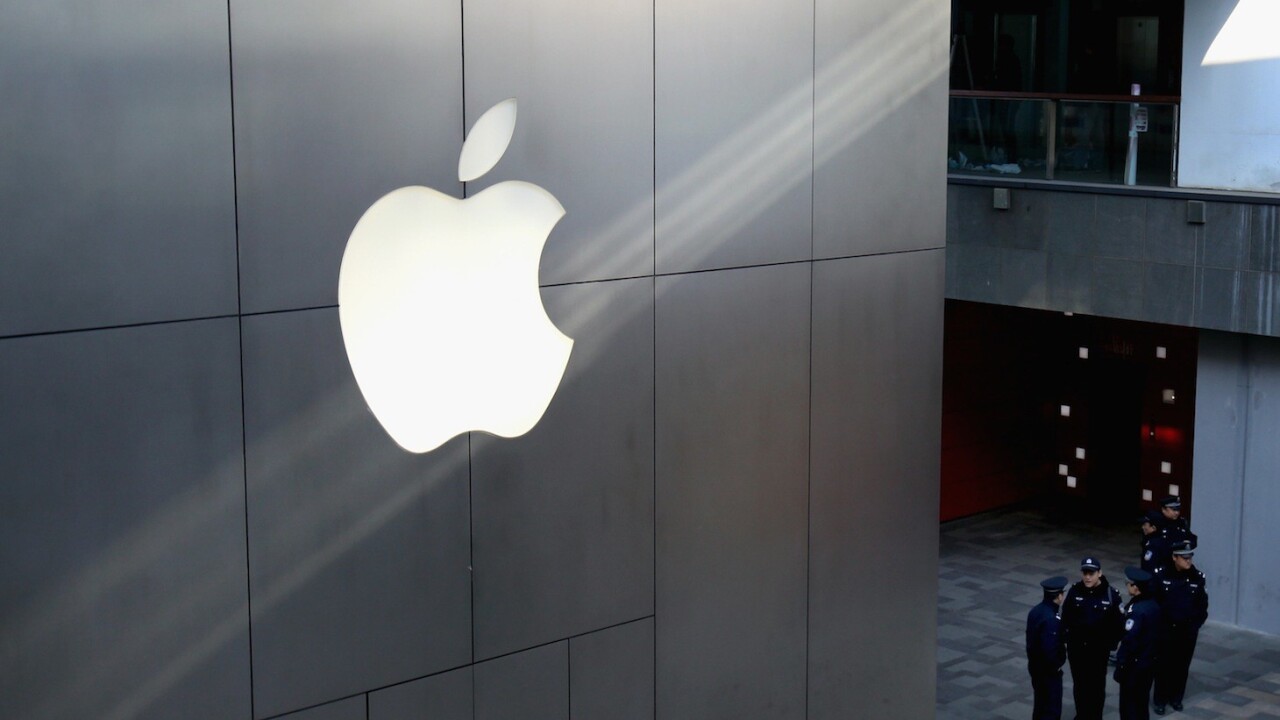
Consumer electronics giant Apple today filed documents with the SEC in preparation for its annual shareholder meeting, which will be held at the company’s HQ on Wednesday, February 27, 2013.
Aside from revealing that CEO Tim Cook’s compensation in 2012 totaled less than $4.2 million, there are a few other take-aways.
On board
Apple seeks re-election of the current 8 members of its board of directors (Apple CEO Tim Cook, Chairman Arthur Levinson, Al Gore, William Campbell, Millard Drexler, Robert Iger, Andrea Jung, and Ronald Sugar).
Cook and Iger are the only ones who are ‘new’ to the board, both were appointed in 2011, while each of the other six persons have been a director since before that.
Human rights
Apple’s board recommends that shareholders vote against a proposal from Mr. John Harrington, a beneficial owner of at least $2,000 in market value of the company’s common stock, to establish a separate Board Committee on Human Rights.
Such a committee would, according to the proposal, “review the implications of company policies, above and beyond matters of legal compliance, for the human rights of individuals in the US and worldwide, including assessing the impacts of company operations and supply chains on resources and public welfare in host communities”.
In recent years, Apple has indeed become embroiled in public controversies regarding the human rights implications of its products and supply chains, including but not limited to controversies related to Foxconn, a supplier of many key items for Apple with facilities located in China and elsewhere.
Apple argues that a separate committee isn’t needed at present, however:
The Company is committed to the highest standards of social responsibility and human rights wherever we do business.
The Board is aware of no other company doing as much to safeguard and empower workers as the Company does today.
The Company’s dedicated Supplier Responsibility team continually audits the Company’s suppliers for compliance with the Company’s industry-leading Supplier Code of Conduct. The Supplier Code of Conduct is based on widely recognized international human rights principles as defined by the United Nations and the International Labor Organization.…
The Company’s auditing program has expanded in breadth and depth over the past several years. In January 2012, the Company became the first electronics company to be granted membership in the Fair Labor Association (the “ FLA ”), a leading non-profit organization dedicated to protecting the rights of workers. In February 2012, at the Company’s request, the FLA began a series of independent inspections of the Company’s final assembly suppliers and has published the results on its website for complete transparency.
…
The Board does not believe that establishing a committee is an effective way for the Company’s practices and goals to continually evolve and improve in response to changing conditions. Instead, such an additional and redundant committee would distract the Board from its other responsibilities to the Company and its shareholders, while adding little value to the Company’s existing commitment to human rights and social responsibility.
Also read: Apple’s excessive work hours progress: tracking 800k, 97% 60-hour work week compliance
Significant stock
Apple’s board recommends that shareholders vote against a proposal of James McRitchie, a beneficial owner of no less than 200 shares of Apple’s common stock, who had requested that the company’s Compensation Committee adopt a policy requiring that senior executives retain a significant percentage (33% or more) of shares acquired through equity pay programs until reaching normal retirement age.
Apple argues, however:
The Company believes its current executive compensation program and governance practices are firmly aligned with shareholders’ interests and encourage executives to focus on the Company’s long-term performance.
The proposal, if adopted, could undermine the Company’s ability to attract and retain executives, and the Company believes it would provide no benefit to the Company.
The Company believes its executives are exceptionally focused on the Company’s long-term success.
….
Experienced personnel in the technology industry are in high demand, and competition for their talents is intense. The Company believes that a policy that would require senior executives to hold 33% of their equity awards until reaching normal retirement age is excessive and would put the Company at a competitive disadvantage for recruiting and retaining talented executives.
Image credit: Feng Li / Getty Images
Get the TNW newsletter
Get the most important tech news in your inbox each week.




